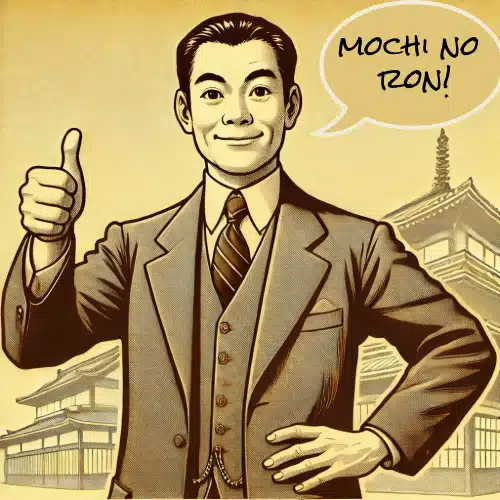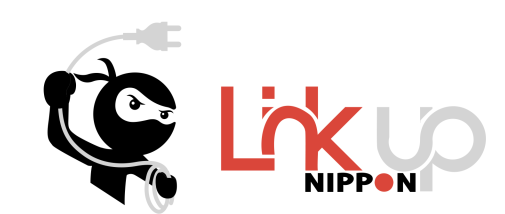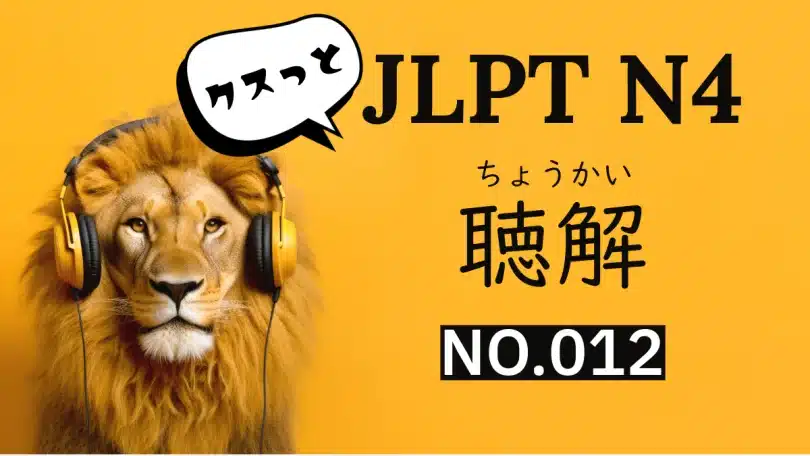Table of contents
Script
→(やじるし)の人はなんといいますか。
1から3の中から、いちばんいいものを一つえらんでください。
友だちが母の日のプレゼントを買ったかどうか聞きました。
何と言いますか。
- もちろん、もう買ってある。
- まだ、買っておく。
- うん、買ってみて。
(昭和): モチのロン。あたりまえだのクラッカー。
Answer
1ばん
Comment
Vてある: Use when preparations are complete.
例)
A: もう新幹線の予約した? – Have you made a reservation for the Shinkansen?
B: うん、予約してある。-I’ve already booked.
Vておく: 1)Use for a subsequent action or event that occurs later,
Do something in advance
例) 2人で旅行にいくとき、
A: 私が新幹線のチケットを予約しておくね。-I’ll book the ticket for the Shinkansen.
B: ありがとう。-Thank you.
2) Leave it as it is (neglect)
例)
A: まどを閉めましょうか。-Shall I close the window?
B:あついから、開けておいてください。-It’s too hot, so please leave it open.
Vてみる: Use it when you want to try something.
例)
私は新しい抹茶のお菓子を買ってみた。
–I tried to buy some new matcha sweets.
Showa-era Japanese:
モチのロン:of course
Literally, it is a Showa-phrase that comes from the word “もちろん”.
”Ron” comes from the mahjong call

あたりのまえだのクラッカー:Obviously! That’s normal!
This was inspired by a line used in a popular comedy show broadcast on Japanese television in the 1960s.
The sponsor of the show was a snack maker named Cracker Maeda, and the comedian would always say the phrase “あたりまえだのクラッカー” with the crackers, making them famous all over Japan.







